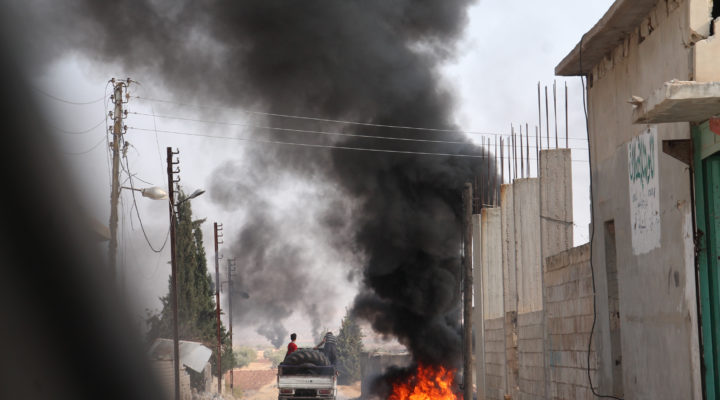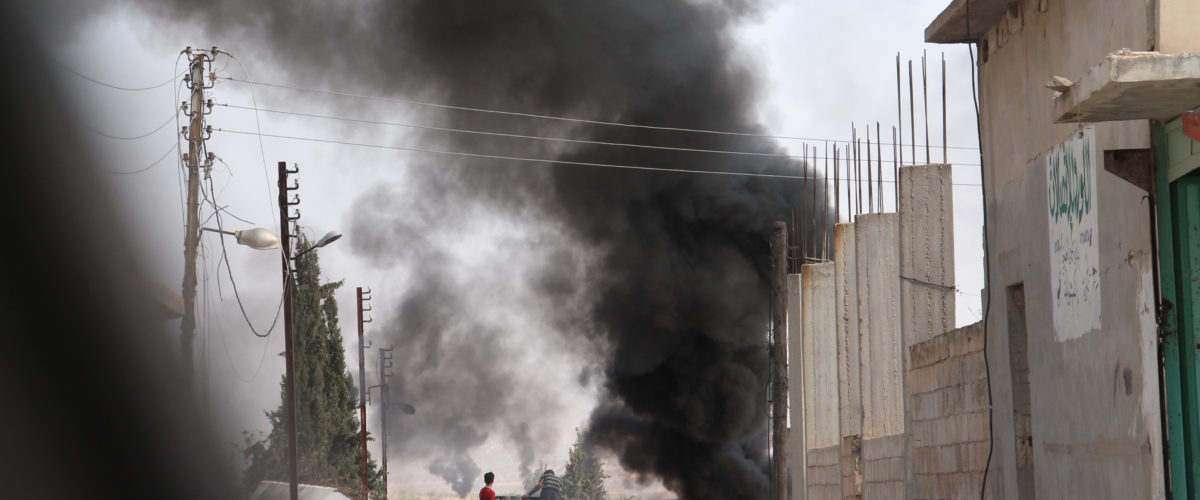Headlines about Turkey’s October offensive in northern Syria have all but faded. But the danger is far from over for Christians trapped in the region.
And the agony also remains palpable among refugees and others in North America who know and minister to the besieged faithful.
“Truly, they are frantic and are worried about their relatives living there,” said Habib Raoub, a Lebanese-born elder at Montreal Arabic Evangelical Baptist Church. The congregation is part of the Fellowship of Evangelical Baptist Churches in Canada.
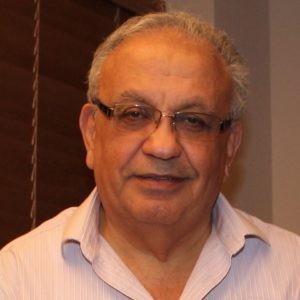
Habib Raoub (Facebook photo)
“We are a church that has been sponsoring a lot of refugees from Syria,” he said. “Most Christians in Syria want to leave the country because of the hardship.”
Wanting to leave and doing so, however, are two different things – especially because violence against Kurdish and Christian groups has continued. Pro-Turkey militias were active even during the ceasefire which ended Tuesday.
Turkish forces moved into northern Syria in early October after President Donald Trump withdrew U.S. forces from the region.
There were an estimated 50,000 Christians in the area at the time, said David Curry, CEO of Open Doors USA, a global ministry serving persecuted Christians in more than 60 nations.
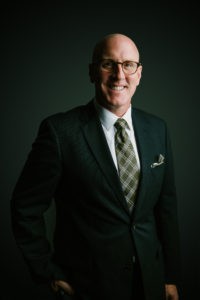
David Curry (Photo/Open Doors USA)
Many of them had previously fled Syria’s civil war, Curry said of the Christians caught in the latest fighting.
“This area along the Syria-Turkey border was one of the safe zones that Christians went to from the central part of the country to escape ISIS,” he told Baptist News Global.
“Those Christians had been protected by the Kurds from ISIS,” he said. “Now, they find themselves in an area that’s in crisis.”
The offensive and subsequent action by militias allied with Turkey forced Christians in the region to weigh extremely difficult options, Curry said: to stay or go.
In those gatherings, participants agonize over what regions and nations would grant them access even if they could escape hostile forces and cross borders. There is also the safety of children and the elderly to consider.
“This is the most vulnerable population” of persecuted Christians in the world, Curry said. “They are a community of people who have already been through eight years of (the Syrian) civil war.”
Rank and file Americans should care deeply about these issues, he added, because a vibrant church in Syria contributes to the stability of the region.
Radicalism grows in a place without pluralism, resulting in geopolitical chaos that has global implications.
“You have unbalanced situations – we’ve seen it over the years. We don’t want to see Syria go the way of Afghanistan.”
One challenge facing Christians in Syria is the general lack of awareness that there are Christians in the Middle East, said Jamal Bishara, the senior pastor at First Arabic Baptist Church in Phoenix, Arizona.
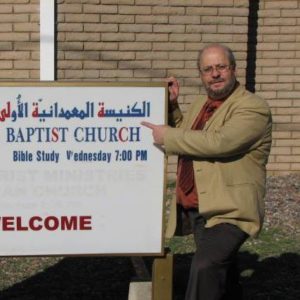
Jamal Bishara (Facebook photo)
Americans are generally surprised to learn that there are Arab Christians, including Arab Baptists.
“Many people think ‘Arab’ is the same thing as ‘Muslim,’” he said.
The persecution faced by Christians in northern Syria is part of a much larger, and more tragic, trend for Christians in Syria, Iraq and across the region.
“You can practically count them on your fingers,” he said of the Christian remnant in these regions.
No wonder, Bishara said, most members of his church choose to be low-key about current events affecting their homelands.
“They don’t talk about it too much. They still have fear of talking,” said Bishara, who is a native of Nazareth, Israel. “They say ‘If I go back, my government is going to hear about it.’”
Refugees and other native Syrians need help coping with the fear and grief of the situation, Raoub said.
Educational and pastoral care efforts provide spiritual support by putting the focus on Christ in all situations, he said.
“We try to help remind them of a Kingdom focus,” he said.
Community is another tonic.
“They left their homes and their families, and they are in need of fellowship,” he said. “It helps that we are a welcoming community.”
Help also is being offered, when possible, with material support, said Curry.
Open Doors has had teams on the ground in northern Syria providing food, water and medical care.
“Our role is to advocate and to stand with Christians wherever they are most persecuted,” he said.

